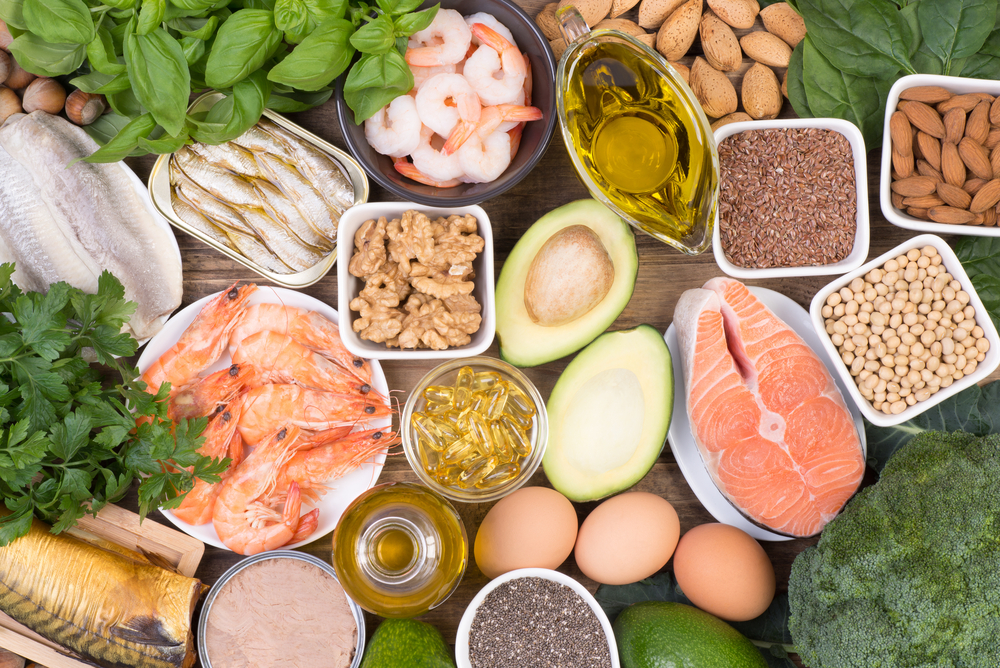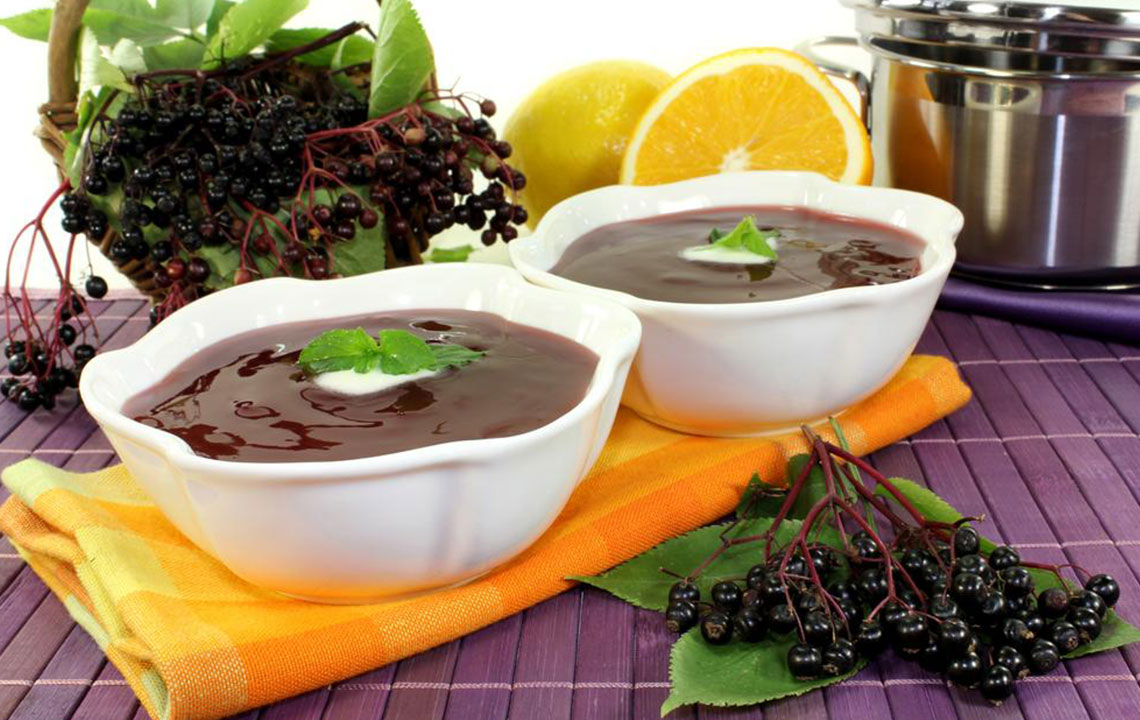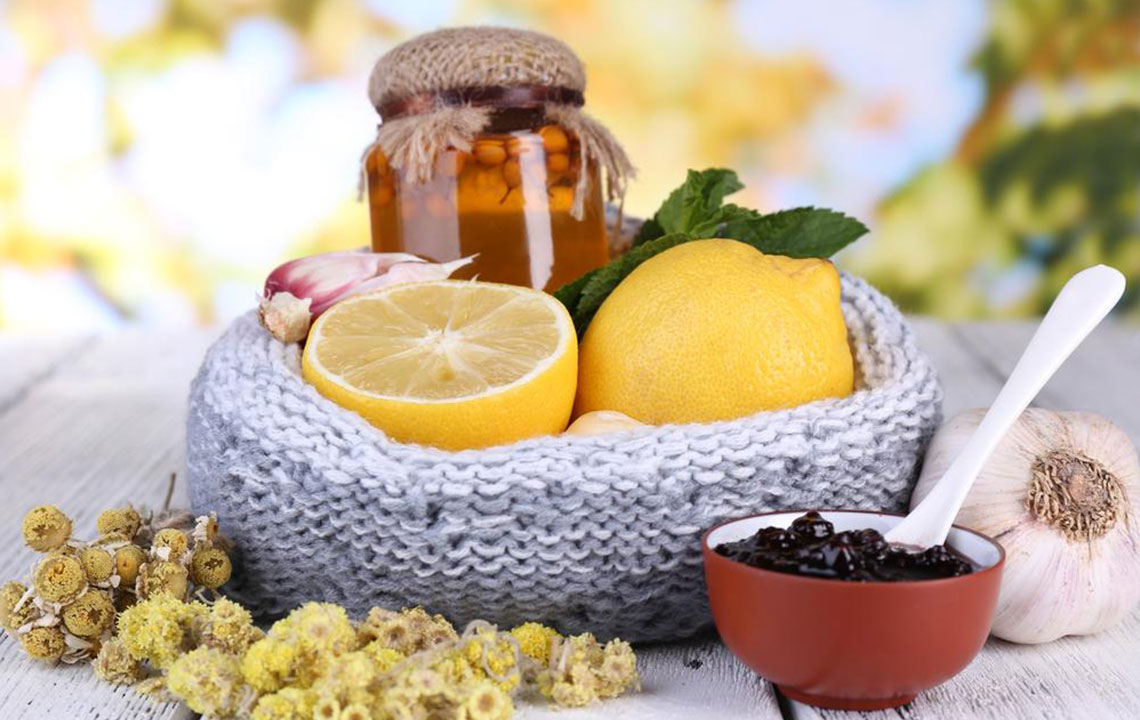11 Natural Foods That Effectively Relieve Heartburn and Promote Digestive Wellness
Discover 11 natural foods that can effectively relieve heartburn, soothe your digestion, and promote overall gastrointestinal health. From ginger to fermented foods, these dietary tips support less reflux, reduce inflammation, and enhance gut well-being naturally. Ideal for those seeking holistic relief, incorporate these nutrient-rich options into your daily routine for improved comfort and digestive function.

11 Natural Foods That Effectively Relieve Heartburn and Promote Digestive Wellness
Heartburn, often described as a burning sensation in the chest or throat, is a common digestive discomfort experienced by millions worldwide. It is primarily caused by acid reflux, where stomach acid flows back into the esophagus, leading to irritation and inflammation. This condition becomes prevalent when the lower esophageal sphincter (LES), the muscle that acts as a valve between the stomach and esophagus, weakens or malfunctions, allowing acid to escape. While medications can offer relief, many individuals prefer to explore natural remedies and dietary modifications that can alleviate symptoms effectively. The right food choices not only soothe the digestive tract but also help in preventing recurrent episodes of heartburn, contributing to overall gastrointestinal health.
By incorporating specific nutrient-rich foods into your daily diet, you can naturally reduce acid reflux and promote a healthier digestive system. This comprehensive list encompasses foods known for their anti-inflammatory, antioxidant, and soothing properties that target the root causes of heartburn. Here are eleven of the most effective natural foods that can be integrated into your diet to combat acid reflux, reduce inflammation, and enhance digestion:
Ginger: Recognized globally for its powerful anti-inflammatory and immune-supporting properties, ginger plays a significant role in relieving digestive discomfort. Its ability to support gut healing and inhibit bacteria associated with ulcers can effectively reduce excess acid production. Consuming fresh ginger tea or adding small amounts of ginger to meals can significantly diminish heartburn episodes.
Apple Cider Vinegar: Despite being acidic in nature, apple cider vinegar has been widely used as a home remedy for acid control. When taken in moderation—about a teaspoon diluted in a glass of water before meals—it can help regulate stomach acidity and improve digestion by balancing the stomach's pH levels.
Turmeric: Containing the potent compound curcumin, turmeric offers anti-inflammatory benefits that promote esophageal healing and reduce inflammation-related reflux symptoms. Incorporating turmeric into your diet via curries or golden milk can provide ongoing relief from discomfort.
Wild Salmon: As a rich source of antioxidant astaxanthin, wild salmon not only supports overall health but also helps in reducing reflux symptoms related to indigestion. Its anti-inflammatory properties protect the gastrointestinal lining and promote healthier digestion.
Pineapple: This tropical fruit contains bromelain, an enzyme that assists in digesting proteins and reducing inflammation. Consuming fresh pineapple can help alleviate indigestion-related pain and decrease the severity of reflux episodes.
Sunflower Seeds: Packed with antioxidants, vitamin E, and healthy fats, sunflower seeds can help diminish the severity of acid reflux. Their protective effects on the esophageal mucosa make them an excellent snack choice for reflux sufferers.
Apples: Rich in quercetin, apples possess natural anti-inflammatory properties that can help lower acid reflux symptoms. They also promote overall digestive health by supporting proper enzyme function.
Celery: Known for its anti-inflammatory effects, celery can protect the stomach lining, lower ulcer risks, and decrease reflux episodes. Its high water content also promotes hydration and digestion.
Spinach: This nutrient-dense leafy green acts as a natural antacid, soothing the esophagus and aiding digestion through its enzyme-stimulating properties. Including spinach in your salads or smoothies can promote gut health.
Sauerkraut or Kombucha: Fermented foods like sauerkraut and kombucha are rich in probiotics that support gut health. Their beneficial bacteria can help improve digestion, balance gut flora, and reduce the likelihood of indigestion-related heartburn.
Coconut: Featuring antimicrobial properties, coconut—whether in oil or flesh—can soothe the digestive tract, reduce inflammation, and nourish the nervous system. Including coconut in your diet can contribute to a healthier gut environment.
In addition to eating the right foods, maintaining adequate hydration is crucial for diluting stomach acid and preventing reflux. It’s also important to avoid self-medicating with over-the-counter antacids without consulting your healthcare provider. If you’re on medications or have underlying health conditions, speak with a medical professional before making dietary changes. Adopting these natural dietary strategies can significantly improve your digestive health, reduce the frequency and severity of heartburn, and promote overall well-being.





